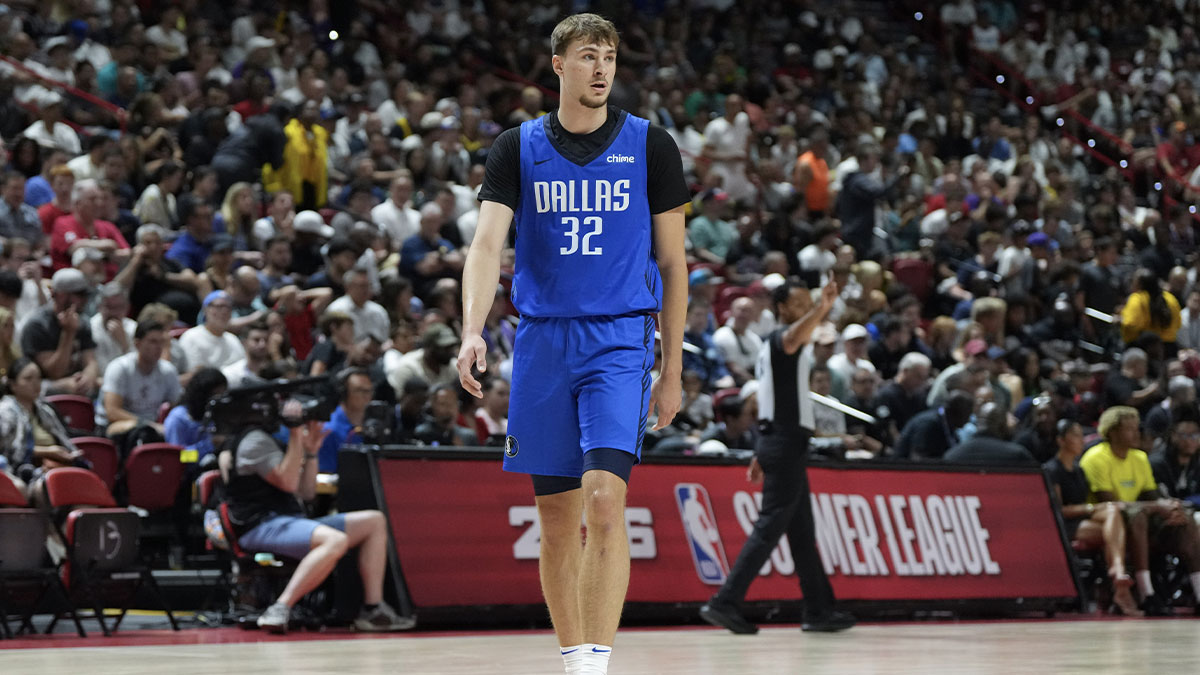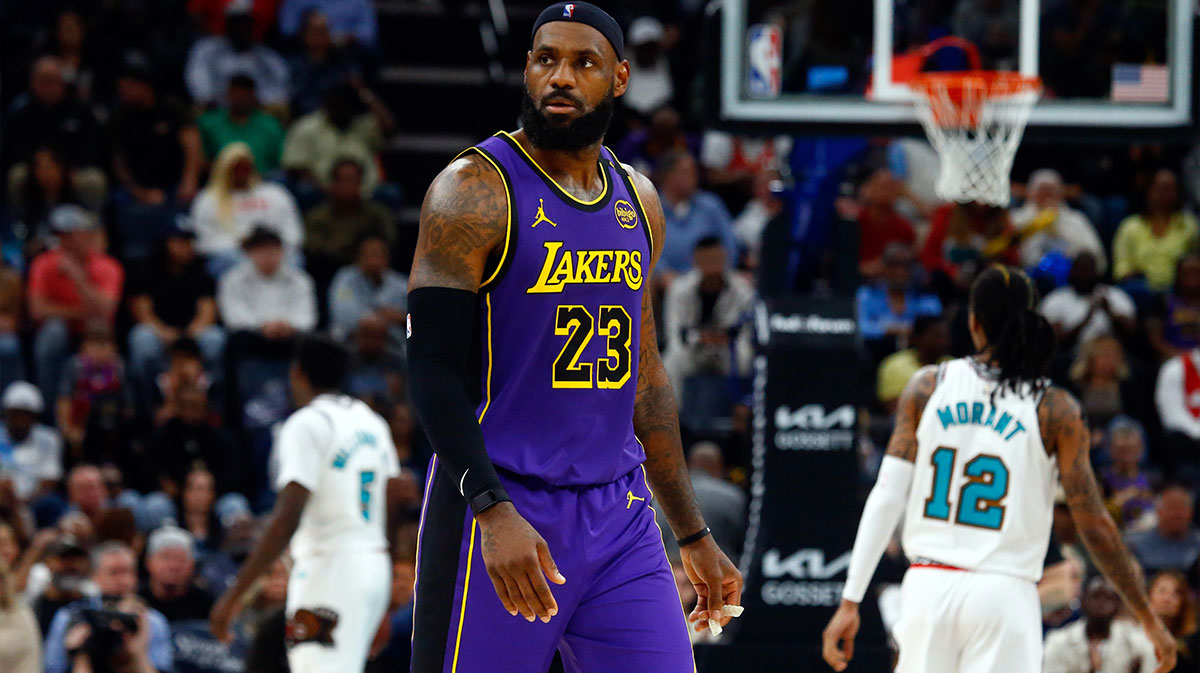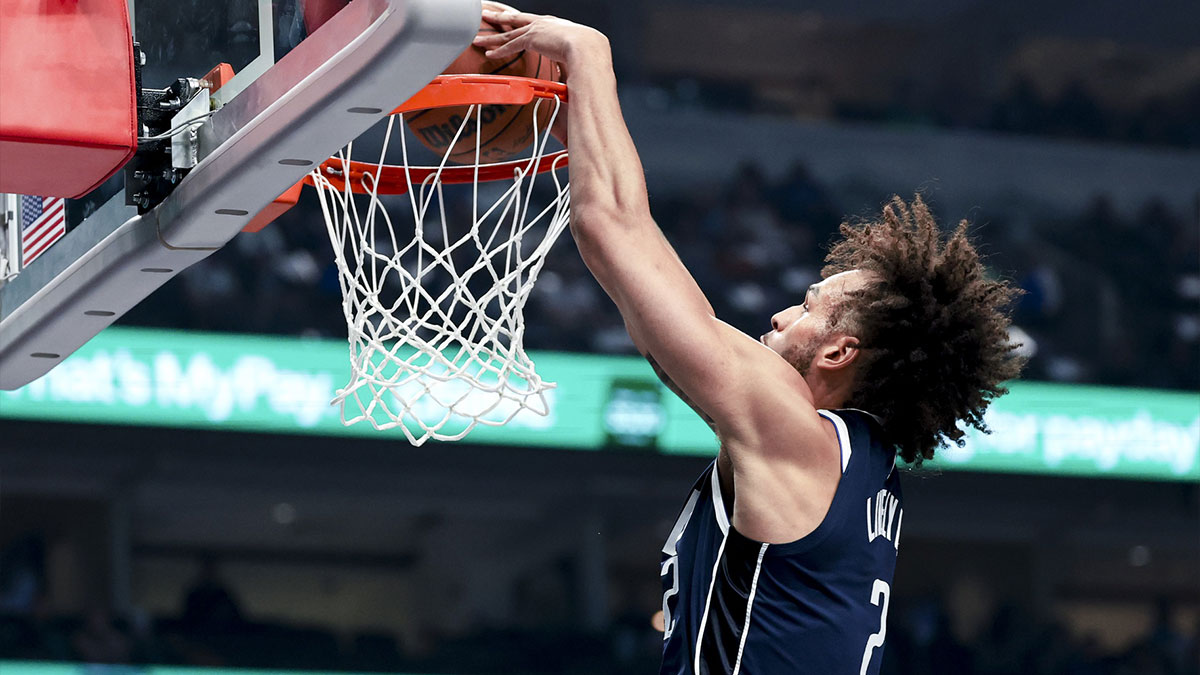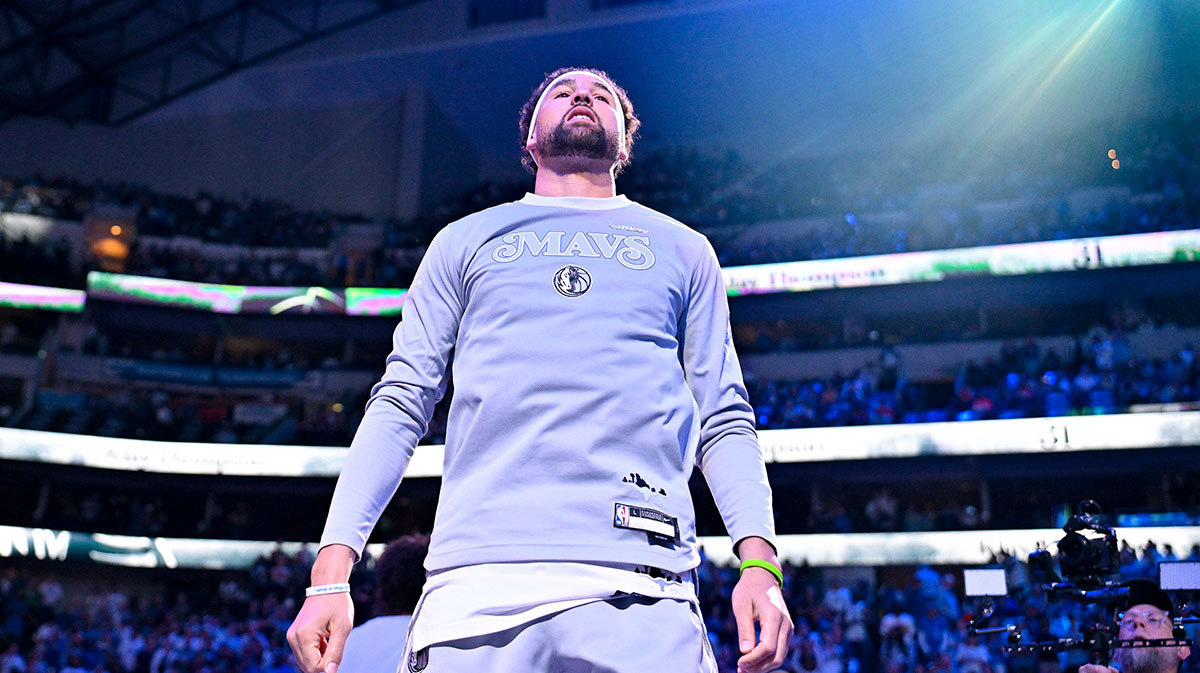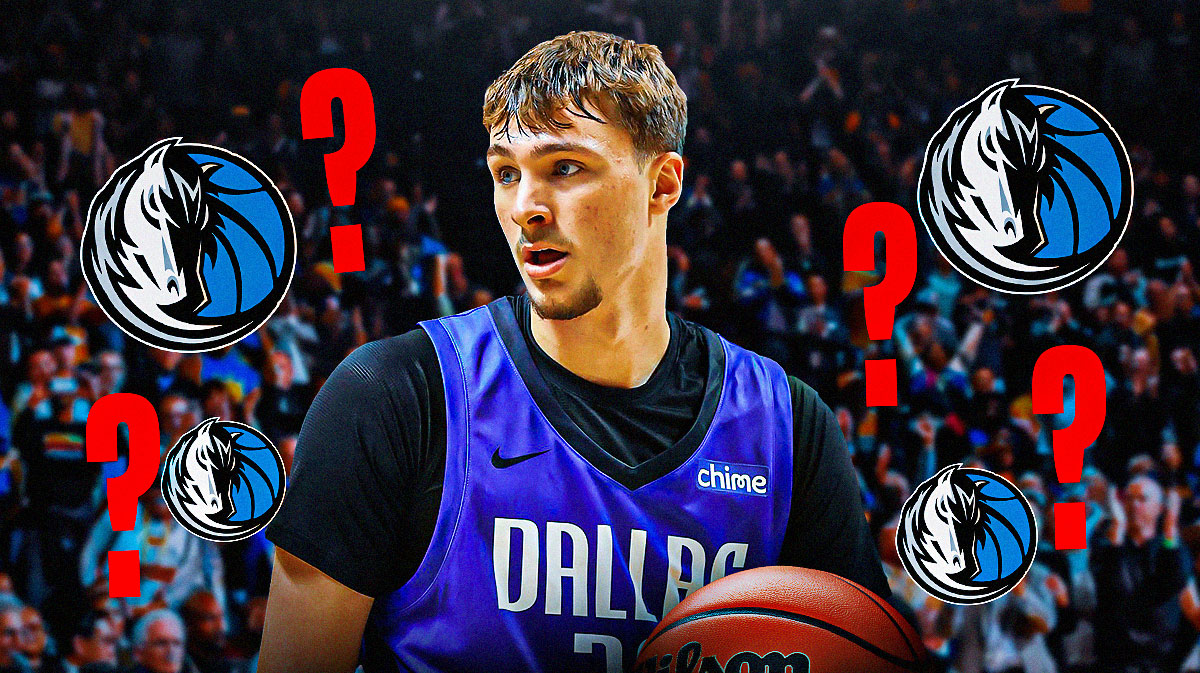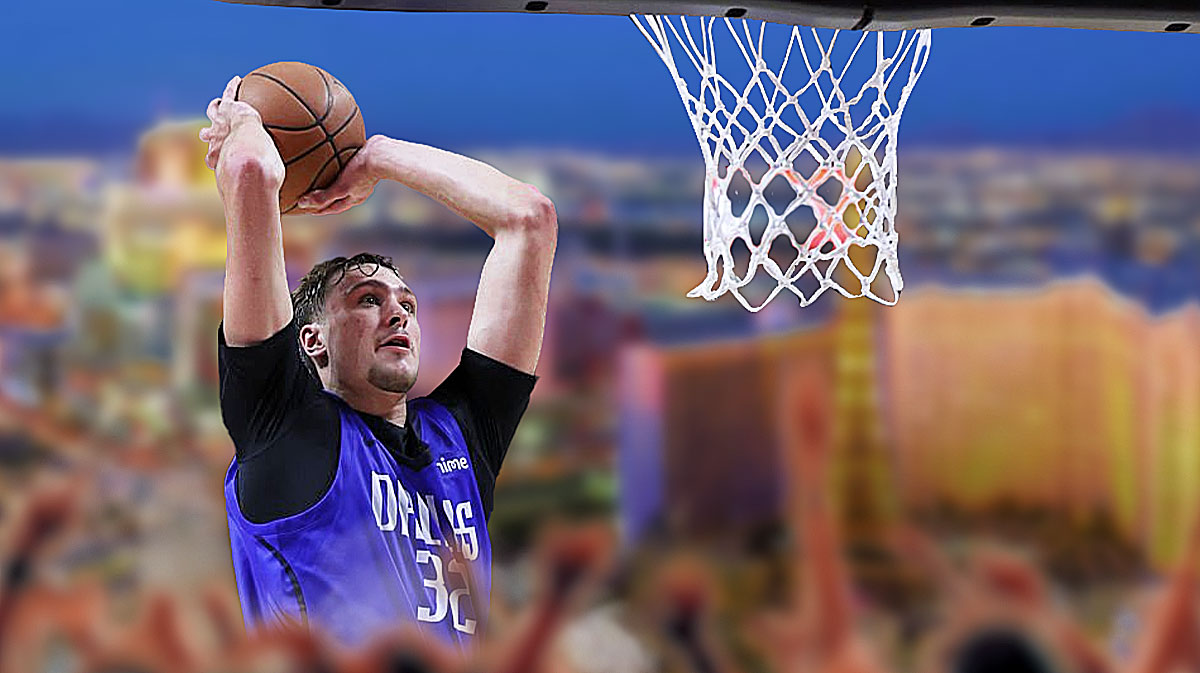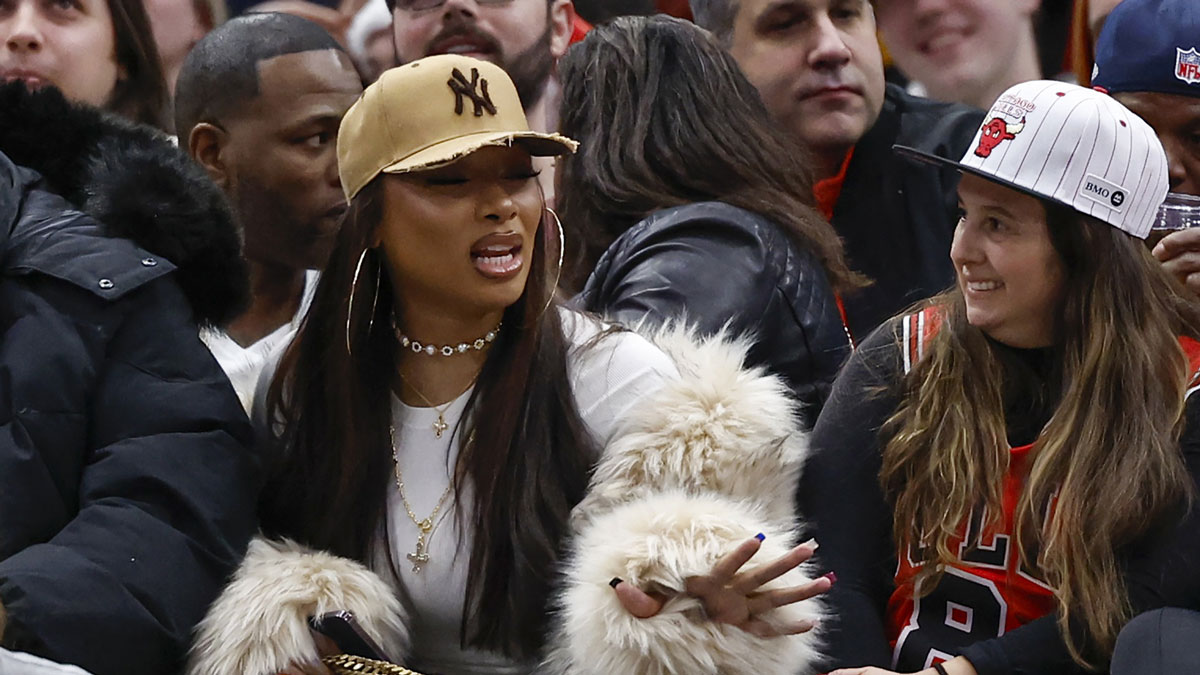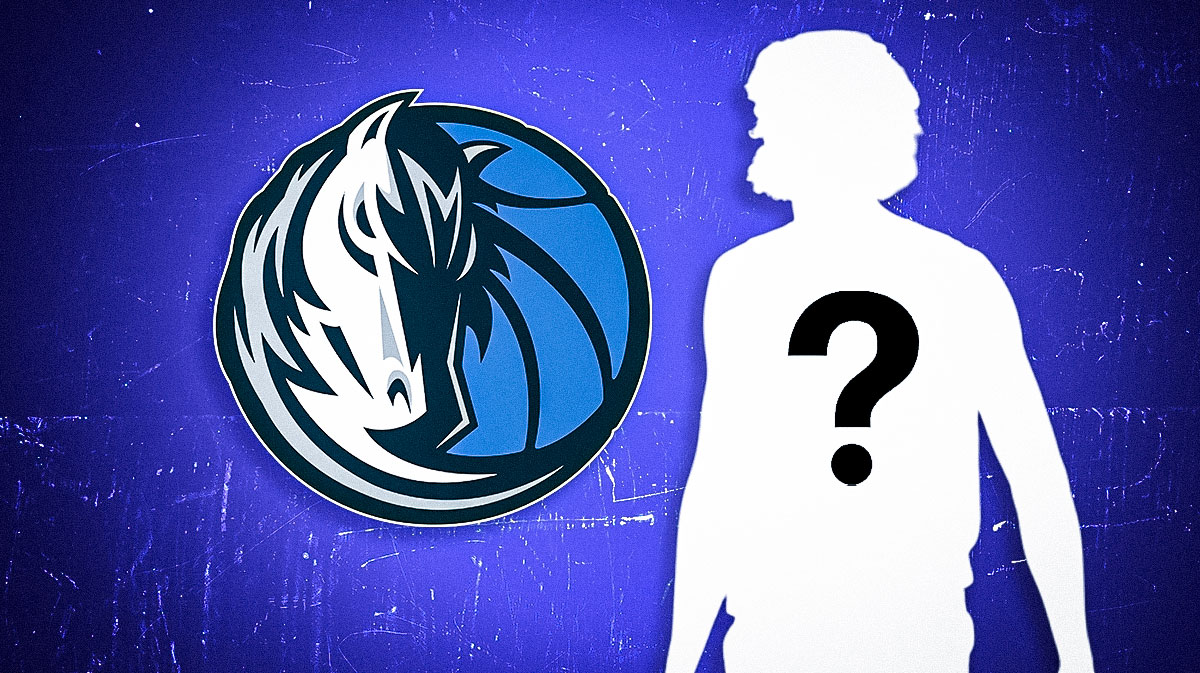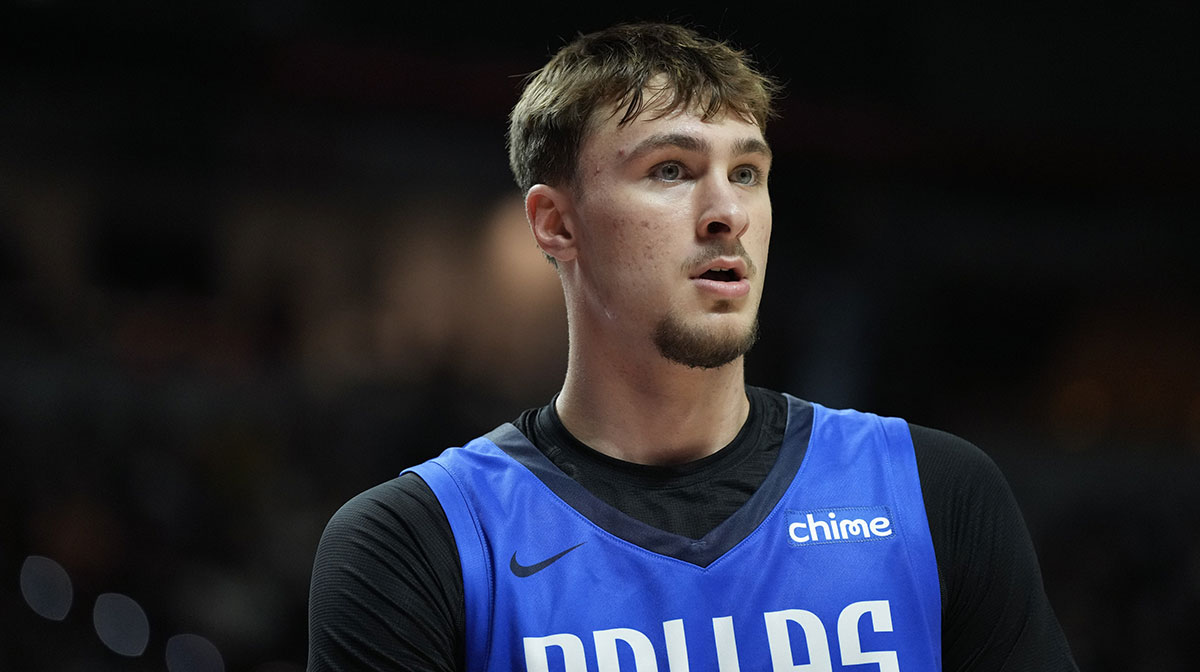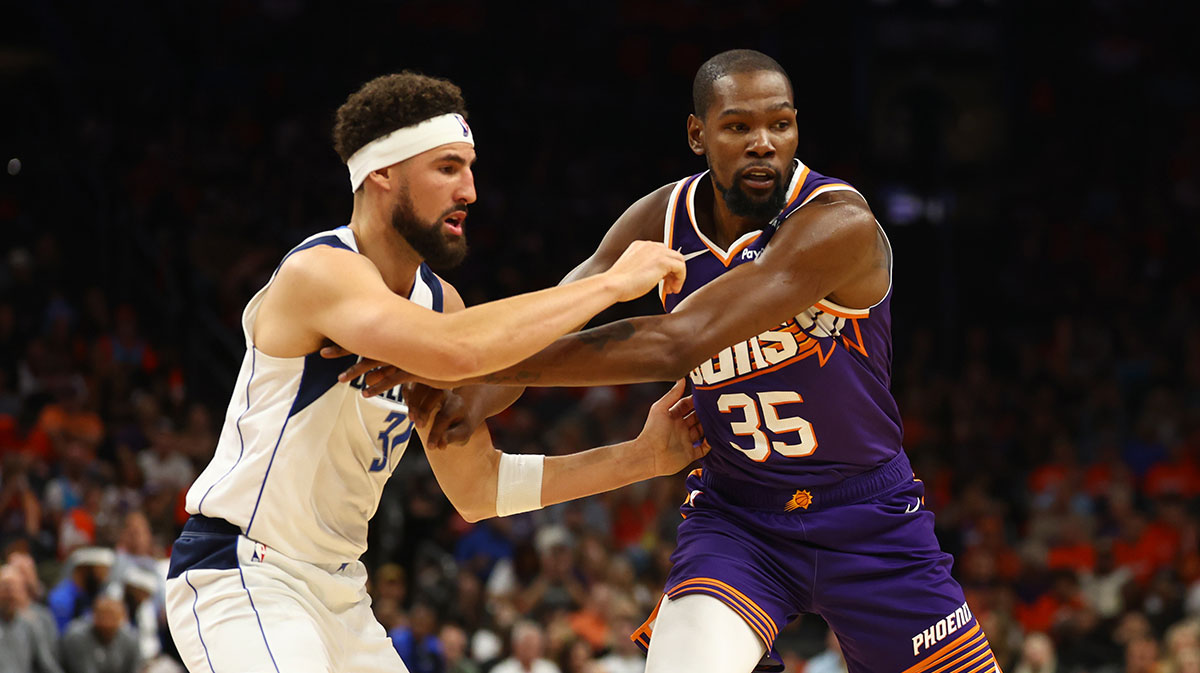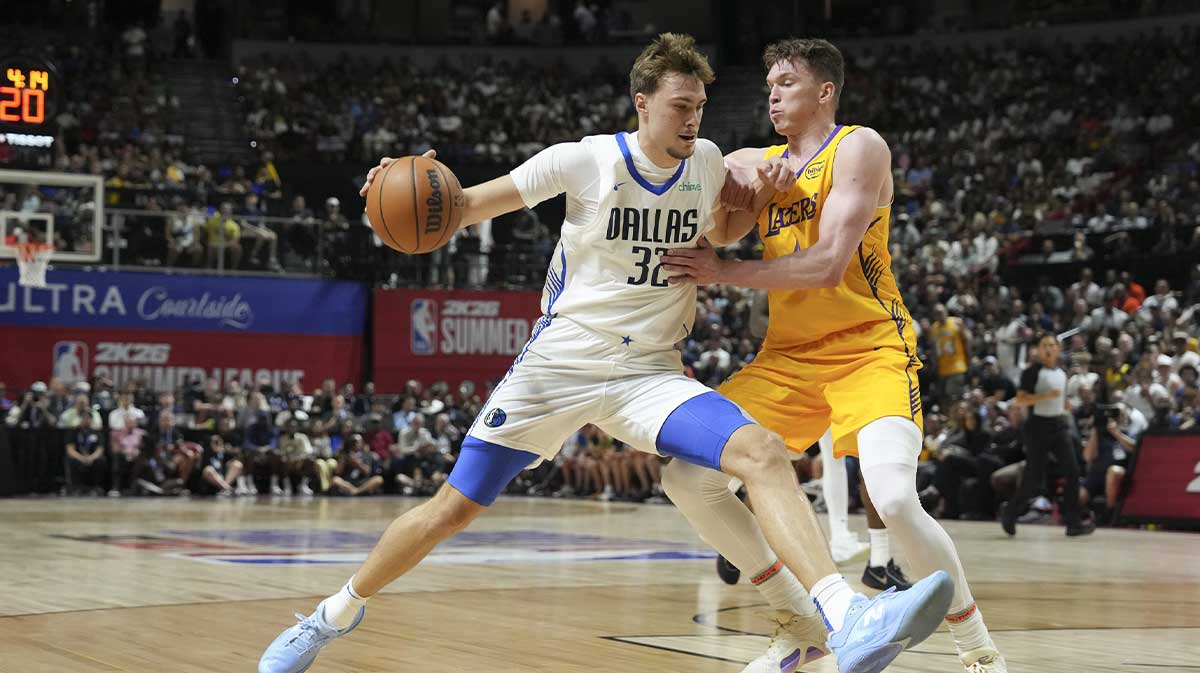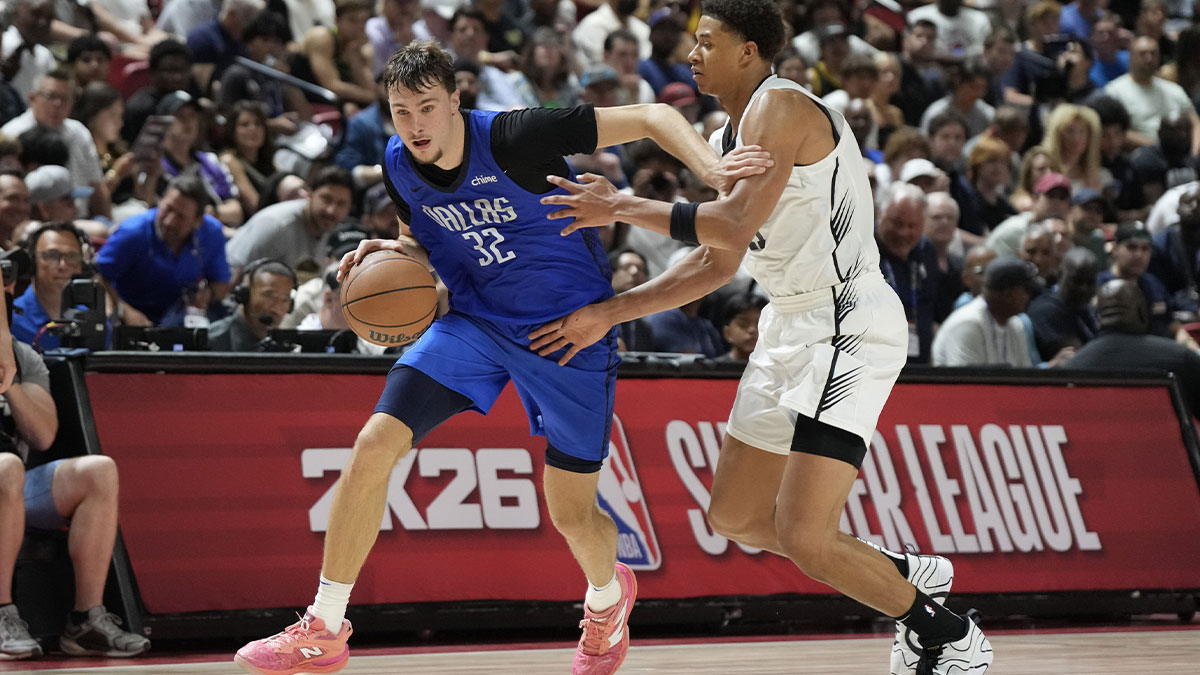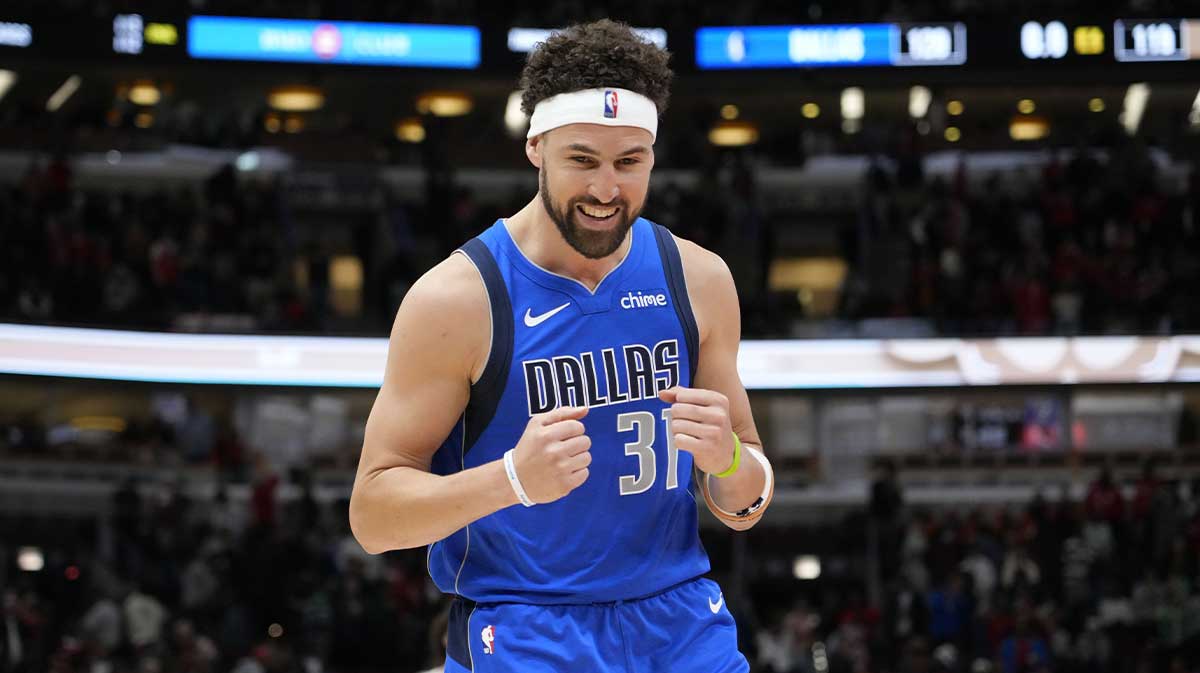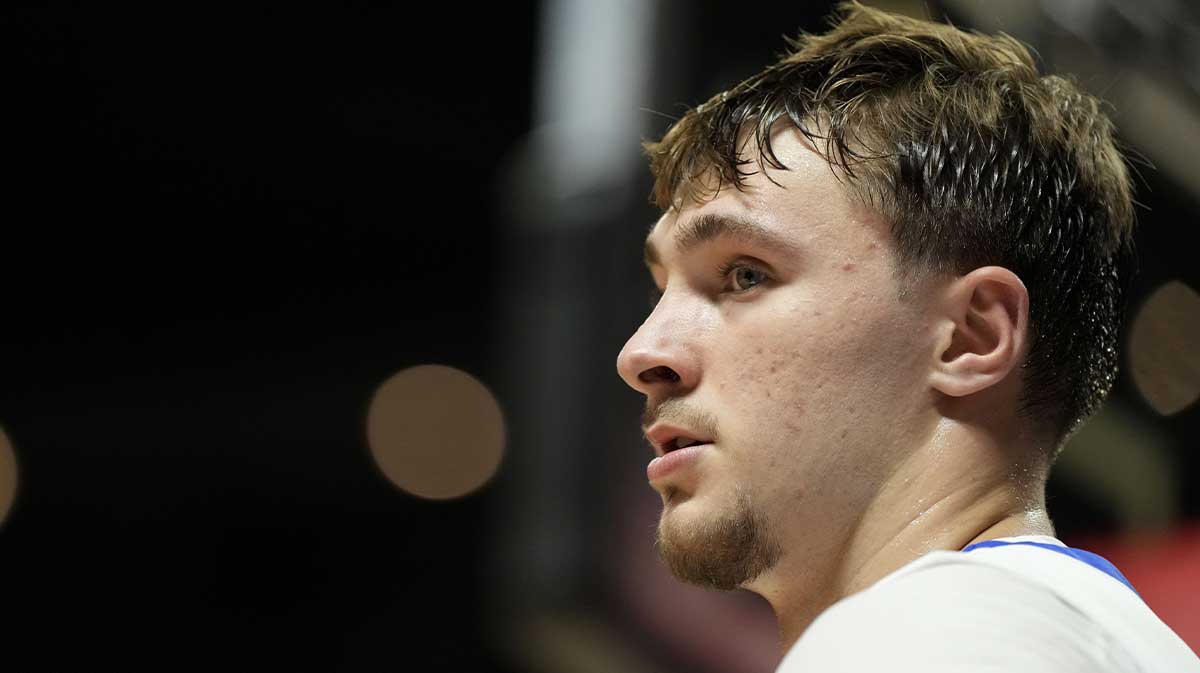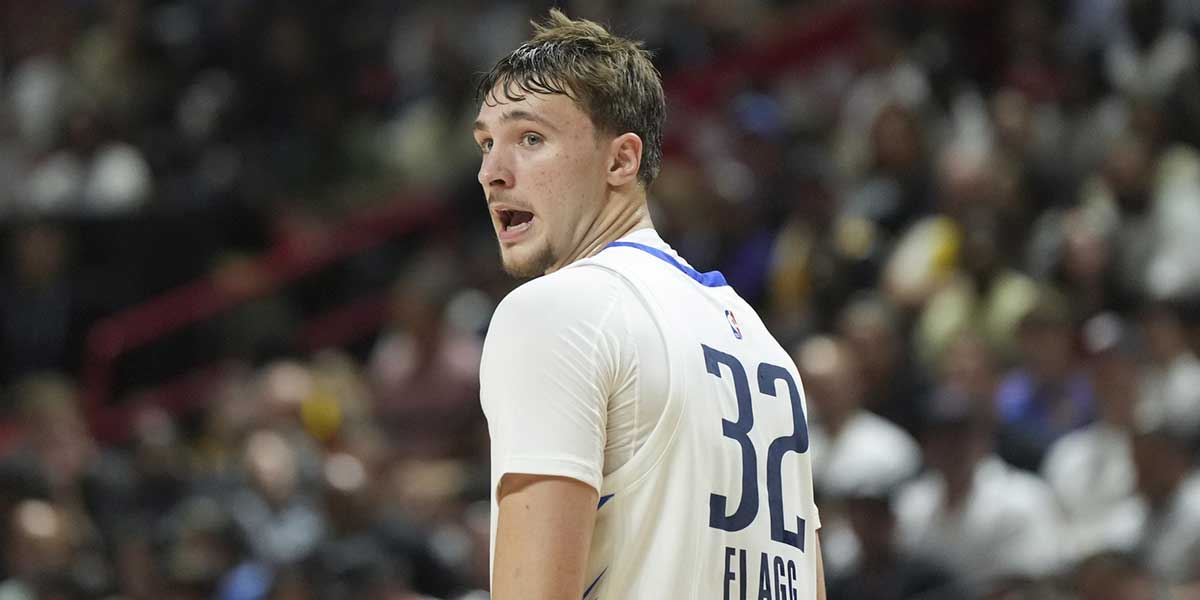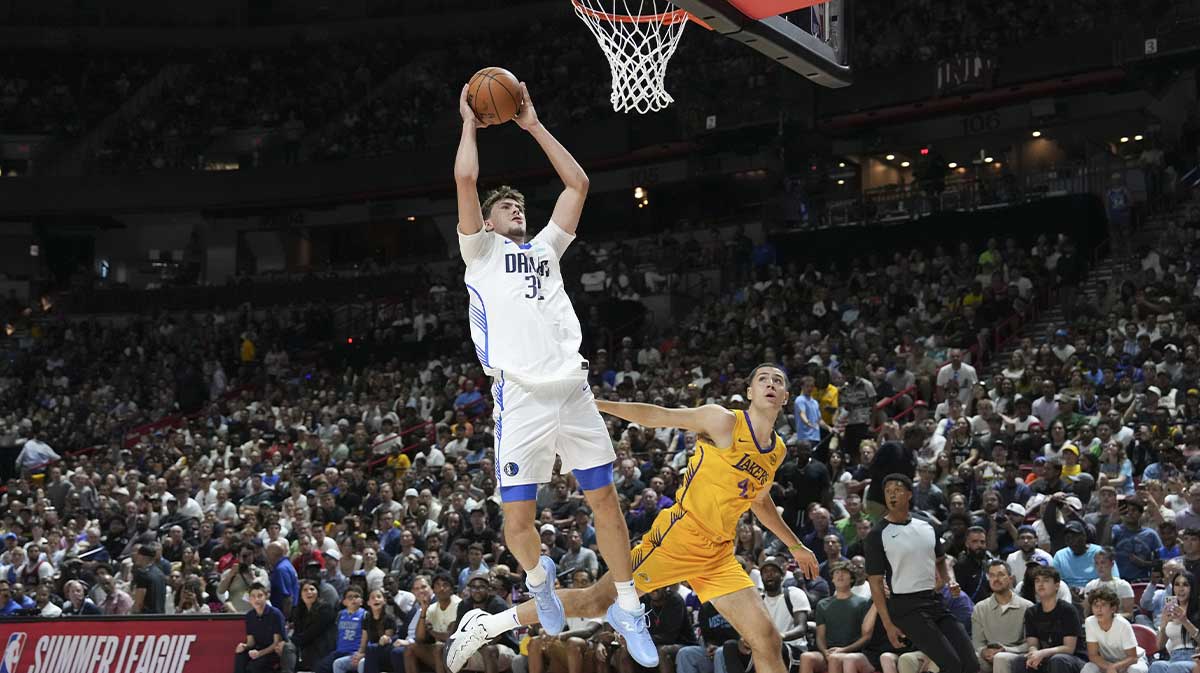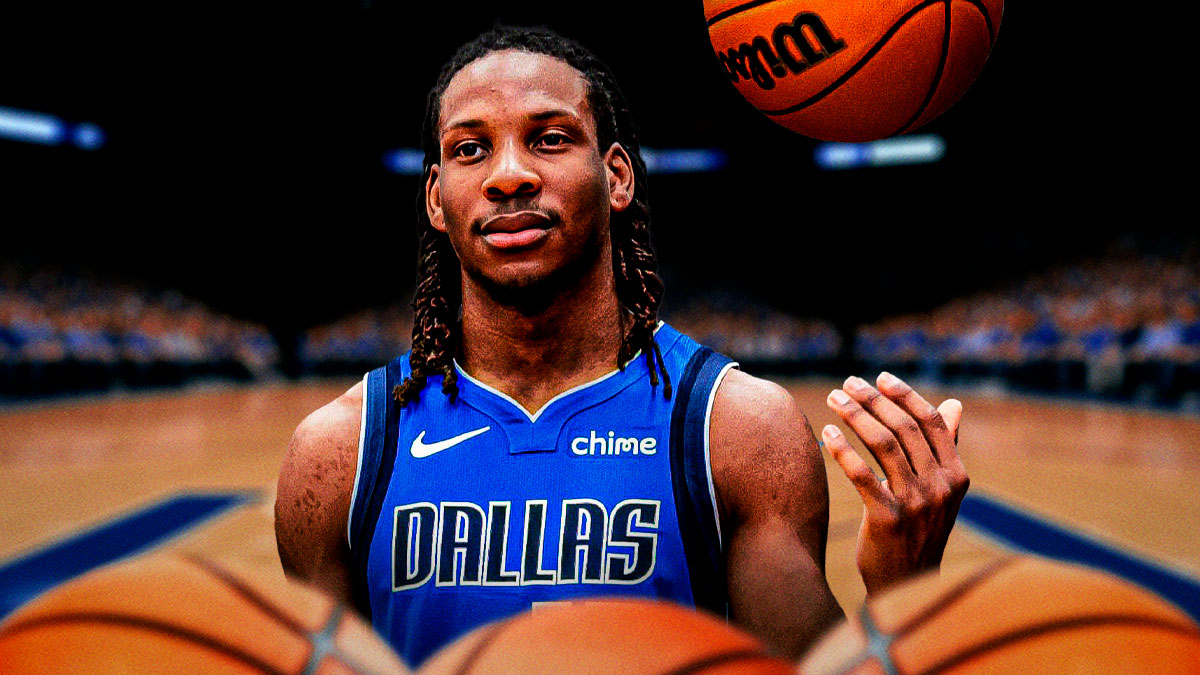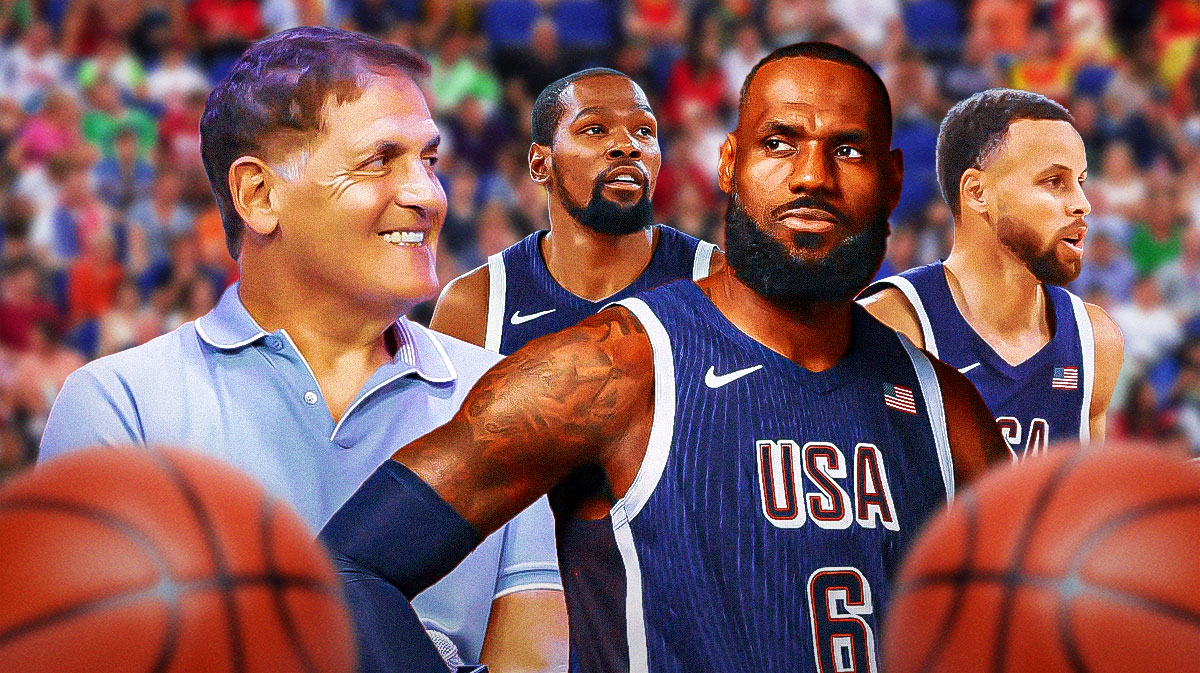After acquiring Luka Doncic, the Dallas Mavericks have their backcourt of the future set. That makes finding a center their top priority heading into free agency. Dirk Nowitzki spent a career-high 97 percent of his minutes at the 5 last season, according to Basketball Reference, but that isn't a viable long-term solution.
Nerlens Noel meshed with head coach Rick Carlisle like oil and water, while neither Dwight Powell nor Salah Mejri project as anything more than backup big men.
Luckily for Dallas, this year's free-agent crop of centers should be a buyer's market.
The Phoenix Suns' decision to select Deandre Ayton with the No. 1 overall pick likely takes them out of the hunt for a big-name center. Aside from the Suns, few teams have the salary-cap space and/or the need to go hunting for a new center this summer.
Armed with as much as $26 million in cap space, per ESPN.com's Bobby Marks (via Adrian Wojnarowski), Dallas should have its pick of the litter. However, the Mavericks may decide to address their void at the 5 before free agency even begins.
On Wednesday, Marc Stein of the New York Times reported Dallas is “actively exploring trade possibilities with the Los Angeles Clippers in hopes of finding a workable deal” to acquire DeAndre Jordan this week. It would require Jordan to pick up his $24.1 million player option for next season, much as Chris Paul did last June to force his way to the Houston Rockets, at which point the Mavericks could acquire him via a trade.
Is Jordan the best Dallas can do this summer? Let's survey the Mavs' options.
Lob City South?

Jordan nearly signed with Dallas three years ago before a last-minute intervention/hostage situation changed his mind. According to Mike Fisher of 247Sports.com, the Mavericks have “decided to let bygones [be] bygones” with regard to Jordan's about-face, as their need for a center and the passing of time has helped to foster forgiveness.
Jordan, who will turn 30 in July, may not be the long-term answer for Dallas, but he'd be a workable short-term stopgap. He pulled down a career-high 15.2 boards per game for the Clippers last year and has never shot worse than 60.5 percent from the field across an entire season. While his shot-blocking numbers declined precipitously in 2017-18—he averaged only 0.9 blocks per game, tying a career low—he tallied at least 110 swats in each of the previous seven seasons.
Jordan represents a dying breed of center, as he attempted only four shots beyond 10 feet from the basket last season (hitting one) and isn't defensively versatile enough to switch onto guards routinely. He's a dominant rebounder and rim-roller, but feeding him a steady diet of post-ups or asking him to begin bombing away from deep would be ill-advised.
If Jordan bounced back as a rim protector, he'd be a worthy gamble for the Mavericks nevertheless. They'd acquire his Bird rights by trading for him, which would give them the opportunity to sign him to a longer deal next summer if so desired. Otherwise, they could part ways with him after the 2018-19 season in hopes of finding a big man who's more in line with the developmental curve of Doncic and 2017 No. 9 overall pick Dennis Smith Jr.
Whether he's the Mavericks' best option depends on how much (or little) they'd have to give up for him in a trade. If the Clippers wouldn't ask for draft compensation and would be fine with a straight Jordan-for-Wesley Matthews swap, that's the best of both worlds. Otherwise, Dallas may be inclined to sniff around the free-agent market instead.
The big names

In an ideal world, Clint Capela would be the Mavericks' guy. The 24-year-old is a rim-rolling, rebound-gobbling, shot-blocking menace and he's young enough to be on the same developmental curve as Doncic and Smith. Even if he never develops into a well-rounded offensive threat, his defensive versatility—particularly his ability to slide out and switch onto guards at times—would make him an invaluable presence in Dallas' starting five.
Alas, Capela is a restricted free agent, which means the Mavericks can't officially sign him to an offer sheet until the July Moratorium concludes on July 6. At that point, the Rockets would have 48 hours to decide whether to match and retain him or allow him to walk for nothing. Seeing as Rockets general manager Daryl Morey is on the record as saying Capela “couldn't price himself out” of Houston, the Mavs may decide they can't sit on their hands and wait for him before pursuing alternative options.
No center on the free-agent market is as well-rounded as DeMarcus Cousins, who was one of only two players last season (along with Russell Westbrook) to average at least 20 points, 10 rebounds and five assists per game. Concerns remain about whether Boogie is an empty-calories player—one who puts up huge stats but doesn't contribute as much to winning because of poor defensive effort—but it's tough to argue with the 25.2 points, 12.9 rebounds, 5.4 assists, 2.2 triples, 1.6 steals and 1.6 blocks he averaged with the New Orleans Pelicans last season.
However, he's also recovering from an Achilles tear he suffered in late January, which raises questions over whether he'll be the same player upon his return. Seeing as the Mavericks handed Matthews a four-year, $70 million max contract three years ago only to receive diminishing returns in exchange, team owner Mark Cuban may shy away from going back down the torn Achilles well so soon.
Going after Capela or Cousins would be an enormous gamble for Dallas. If the Rockets matched an offer sheet for Capela, the Mavericks could miss out on their other top targets at center, while a long-term deal for Cousins could backfire if he's a shell of his former self. Compared to a Jordan trade, targeting either of these bigs would be far more of a high-risk, high-reward move.
The plan Bs

If the Mavericks don't get one of the top three centers on the market, they'll have no shortage of plan Bs to sort through.
The Portland Trail Blazers are mired in salary-cap hell, which may make it difficult for them to match a bloated offer sheet for restricted free agent Jusuf Nurkic. While Nurkic is nowhere as limited as Jordan on offense, the same concerns apply about whether he'll get played off the floor against small-ball units and modern-day bigs. He doesn't turn 24 until August, though, which puts him far more in line age-wise with Doncic and Smith than Jordan is.
Once the Charlotte Hornets officially trade Dwight Howard to the Brooklyn Nets, the big man will seek a buyout, according to ESPN.com's Chris Haynes. He'd potentially be a discount version of Jordan, although concerns about his locker room fit may steer the Mavericks away. As Mike Fisher of 247Sports wrote, “The last time I asked the Mavs about Dwight Howard, the actual response was, ‘Not with a 10-foot pole,' so I'm not going to ask again.”
Like Jordan, Brook Lopez would be a short-term solution rather than a permanent fixture in Dallas, but the 30-year-old has stretched his shooting range out to three-point territory in recent years. He's long been an underwhelming rebounder, but if he gets pushed out of L.A. as the Lakers pursue a superteam, he may be a bargain-bin option for Dallas.
Derrick Favors mostly played the 4 alongside Rudy Gobert in Utah this past season, but he's perhaps better suited as a center in the modern era. He has yet to add a reliable three-point shot, but he knocked down a career-high 39.1 percent of his attempts from between 16 feet to the three-point arc this past season. Favors only turns 27 in mid-July, so if he's willing to leave the Jazz, a long-term deal wouldn't be as unpalatable for him as it may be for Howard or Lopez.
Julius Randle doesn't profile as a traditional center, but the Dallas native has long been rumored as a target for the Mavericks. If head coach Rick Carlisle wants to go all-in on embracing positionless basketball—a far easier proposition with Doncic on board—Randle could serve as Dallas' small-ball 5, although his lack of rim protection could be a glaring issue. Still, his growth as a scorer, playmaker and rebounder would make him an intriguing long-term fit alongside the Mavs' precocious backcourt.
If the Mavs prefer to discount shop for a center, Kyle O'Quinn may be their guy. He won't score like Cousins or Randle, but he averaged 1.3 blocks in only 18.0 minutes per game for the New York Knicks this past season. Whereas Jordan, Cousins, Capela and Randle may all receive annual salaries in the range of $20 million, O'Quinn may wind up settling for something a fraction of that price.
The Mavs could always go after a reclamation project like Alex Len or Jahlil Okafor, both of whom were high lottery picks in recent years who fell out of favor with their original teams. And while the ship has likely sailed on the Nerlens Noel era in Dallas, desperation could force him into taking a below-market one-year deal if the Mavericks were willing to bring him back.
The trade targets

If the Mavericks aren't enamored with any of their free-agent options, they may prefer to go the trade route.
The Orlando Magic have even more of a logjam at center after selecting Texas big man Mo Bamba at No. 6 overall during the draft, which means Nikola Vucevic would likely be available for the right price. On a $12.75 million expiring deal, the 27-year-old Vucevic would be a worthwhile gamble for Dallas if it didn't cost an arm and a leg. He's a high-volume rebounder who is beginning to stretch out his shooting range to three-point territory, although his rim protection and defense as a whole leaves much to be desired.
The Magic would assuredly love to move Bismack Biyombo instead, since he's owed $17 million this season and has a $17 million player option in 2019-20. If the Mavericks prioritize defense over offense in their search for a new center, Biyombo's shot-blocking prowess may make his contract less onerous. However, they'd likely look to milk future draft compensation from Orlando in any deal involving the 25-year-old.
The NBA's other Florida-based team, the Miami Heat, likewise have a center with whom they'd be willing to part ways. According to Barry Jackson of the Miami Herald, “there is strong support among numerous people inside the Heat to trade Hassan Whiteside,” who spent much of the 2017-18 season moping and grumbling about his role on the team (or lack thereof). While attitude concerns could cause Dallas to steer clear, Whiteside did lead the NBA in rebounding in 2016-17 and blocked shots in 2015-16, which hints at his upside when he's locked in.
There's no obvious answer for the Mavericks this summer, as each of their potential free-agent and trade targets come with their respective warts. Jordan would be a reasonable compromise, all things considered, but Dallas fans should rest assured that the team will have plenty of options if that potential acquisition falls apart (again).
Unless otherwise noted, all stats via NBA.com or Basketball Reference. All salary information via Basketball Insiders.

